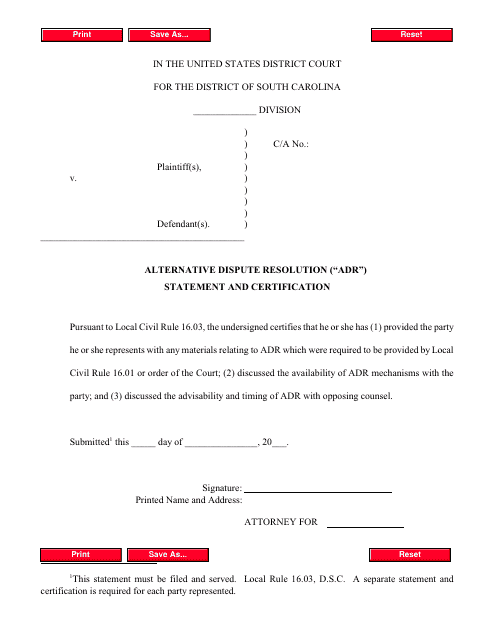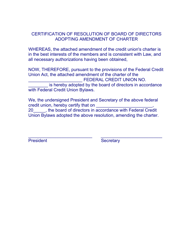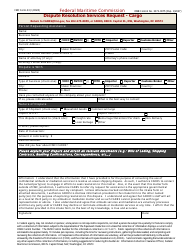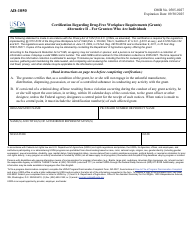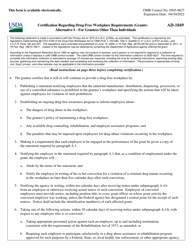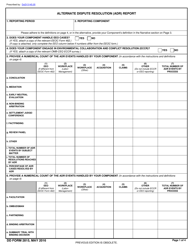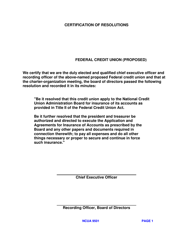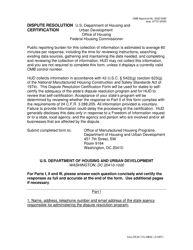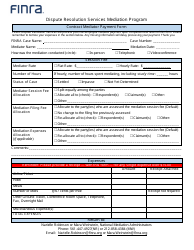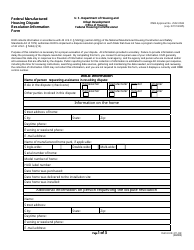Alternative Dispute Resolution ("adr") Statement and Certification - South Carolina
Alternative Dispute Resolution ("adr") Statement and Certification is a legal document that was released by the United States District Court for the District of South Carolina - a government authority operating within South Carolina.
FAQ
Q: What is Alternative Dispute Resolution (ADR)?
A: ADR refers to methods used to resolve legal disputes without going to court.
Q: Why would someone choose ADR over going to court?
A: People may choose ADR because it is often faster, less expensive, and more flexible than going to court.
Q: What are some common forms of ADR?
A: Common forms of ADR include mediation, arbitration, and negotiation.
Q: What is mediation?
A: Mediation is a process where a neutral third party helps the parties in a dispute reach a mutually acceptable resolution.
Q: What is arbitration?
A: Arbitration is a process where a neutral third party makes a decision on the dispute, which is usually binding.
Q: Do I have to engage in ADR?
A: In South Carolina, parties may be required to engage in ADR depending on the court rules or the agreement of the parties.
Q: What is the purpose of the ADR Statement and Certification?
A: The ADR Statement and Certification is a document that outlines the parties' agreement to engage in ADR and their understanding of the process.
Q: Are there any limitations on ADR?
A: ADR may not be suitable for all types of disputes, such as criminal cases or matters involving certain legal rights.
Form Details:
- The latest edition currently provided by the United States District Court for the District of South Carolina;
- Ready to use and print;
- Easy to customize;
- Compatible with most PDF-viewing applications;
- Fill out the form in our online filing application.
Download a fillable version of the form by clicking the link below or browse more documents and templates provided by the United States District Court for the District of South Carolina.
